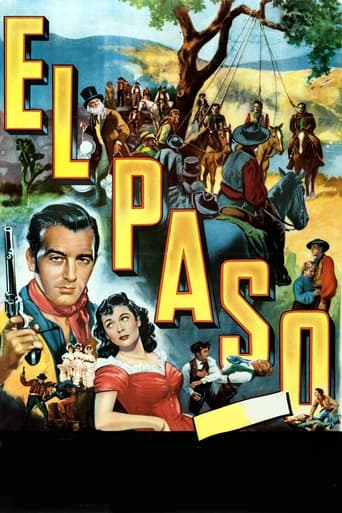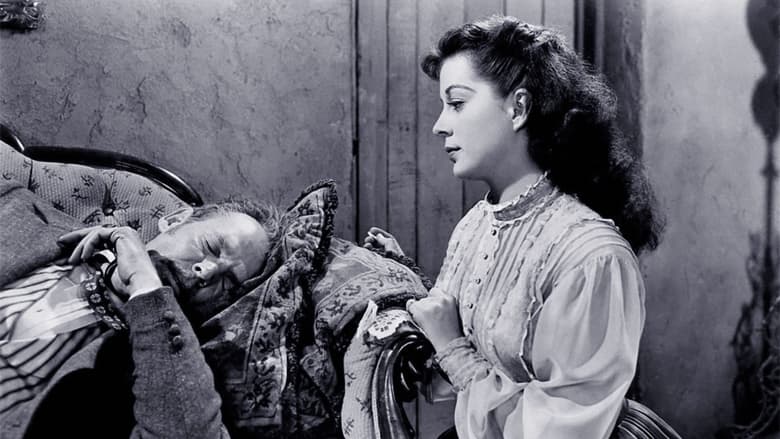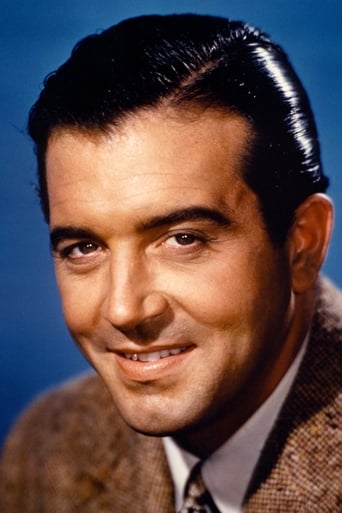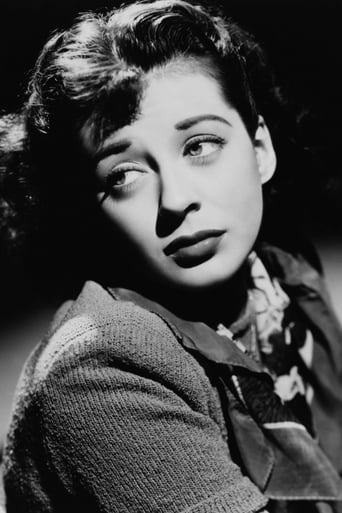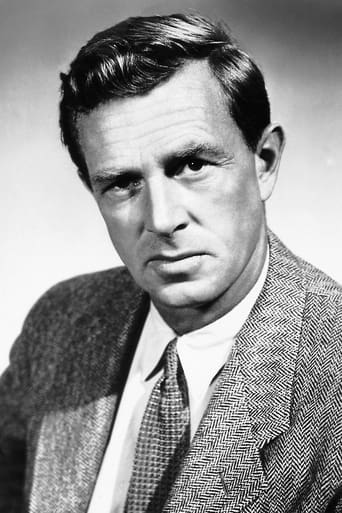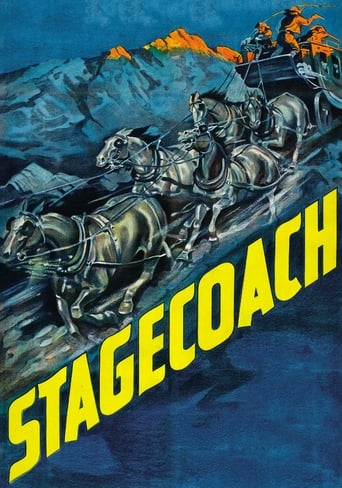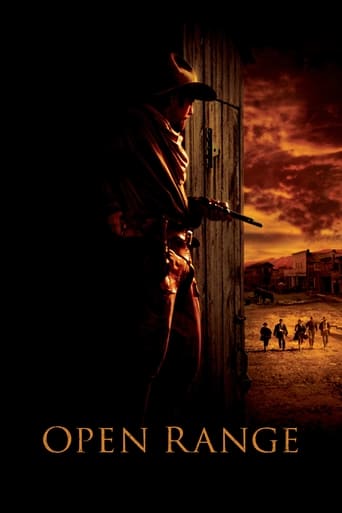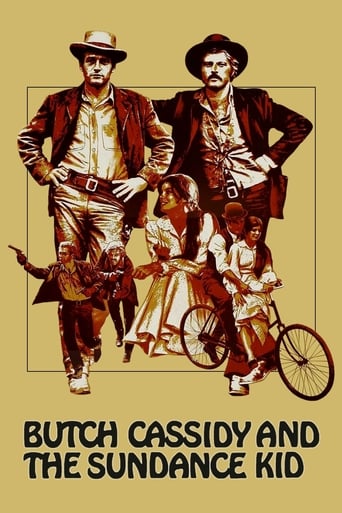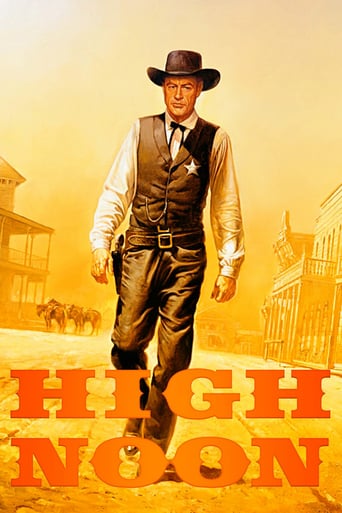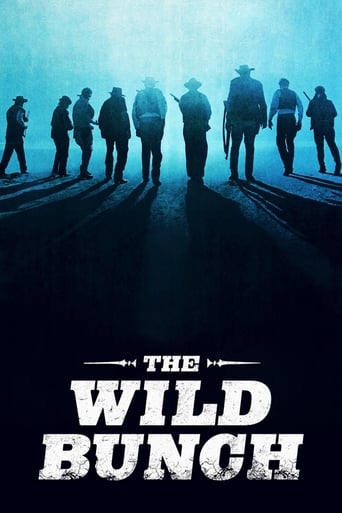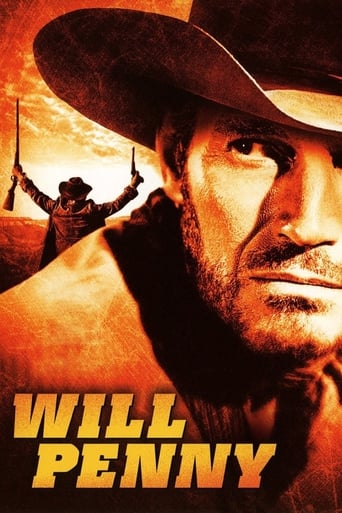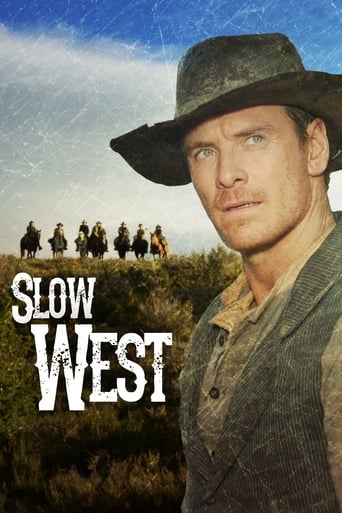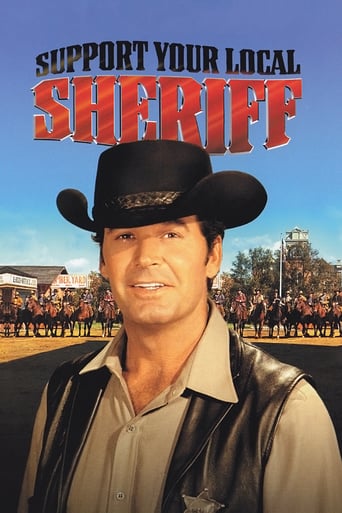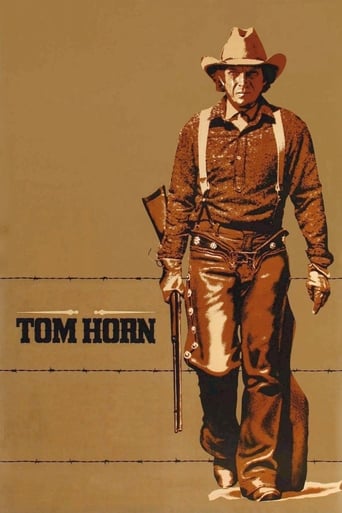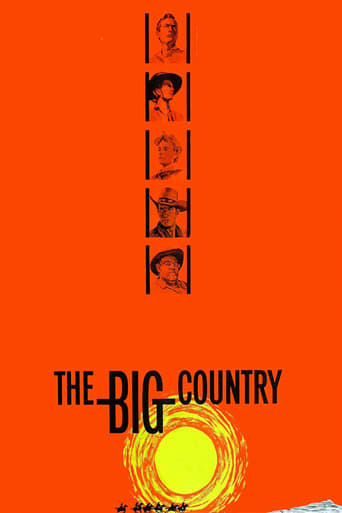El Paso (1949)
Ex-confederate officer Clay Fletcher jumps at the chance to reunite with his once lady-friend, Susan Jeffers, when his father, Judge Fletcher, sends him on an errand to El Paso, Texas to get the signature of Susan's father, Judge Jeffers, on a legal document. Once there he finds the judge has become a drunk and a laughing stock, doing the bidding of local magnate Bert Donner and his running dog, Sheriff La Farge. Just as Clay starts straightening out the town's problems, events occur which force him to abandon the legal system and instead adopt the murderous tactics of a vigilante.
Watch Trailer
Free Trial Channels
Cast


Similar titles
Reviews
Wonderful character development!
It's entirely possible that sending the audience out feeling lousy was intentional
It is both painfully honest and laugh-out-loud funny at the same time.
It really made me laugh, but for some moments I was tearing up because I could relate so much.
As kids we're always told to stand up to bullies; but try putting that into practise at work with your boss! Lawyer John Payne proves similarly naïve in thinking Sterling Hayden and his brutal henchman Dick Foran will be as easily dissuaded by due process; and after 80 rather garrulous and conventional minutes this film finally makes you sit up and take notice when Payne and the rest of the townsfolk at last take the law into their own hands and fight fire with gunfire.But did anyone ever stand trial for the accidental lynching of the newly arrived minister?
This is a message post-Civil War western. Unfortunately, it espouses 2 conflicting messages: (1)When the local judicial system is inadequately present, or present in a corrupt or prejudicial form, it is a natural right of the injured and threatened to defend themselves or extract equal revenge against the perpetrator(s).(2) No matter how inadequate, corrupt or prejudicial the local judicial system is, it is the duty of individuals harmed by it or by others to submit to the existing judicial system. Those who attempt to take the law into their own hands are subject to prosecution no matter how seemingly valid their reason. After exercising the first of these messages, the film ends upholding the second message. I suspect the production code people weren't about to pass a film which glorified rebellion and vigilantism as sometimes necessary to achieve real justice........John Payne, in his first western, is the main protagonist. He's a lawyer, newly arrived from Charleston, S.C., who objects to the methodology of the first trial he sees here. After several killings of his friends and the judge for thumbing their noses at the corrupt Sheriff Lafarge(Dick Fortran), he becomes the leader of a sizable group of rebels who go about searching for, killing and perhaps burning the houses of the friends of the Sheriff(whom I will refer to as loyalists). The climax of the film consists of an all out gun battle in the middle of El Paso between the rebels and loyalists. This is complicated by the occurrence of a very violent dust storm that made visibility and walking difficult. After a number of each are killed, the two groups ride out of town, meeting at a river, where the loyalists, outnumbered, surrender. Several are about to be strung up when Clay arrives with the demand that the ropes be taken off their necks. He's a born again legalist, advocating that the sheriff and other loyalists be tried for real or suspected crimes. Thus, from the viewer's viewpoint, the film ends on a rather unsatisfactory note, as the sheriff is neither dead nor visibly in jail, while the victors march down the street in parade formation. ........Gail Russell, the female lead, plays Susan Jeffers, daughter of the usually inebriated judge. She's Clay's girlfriend, a relationship threatened by his sojourn into vigilantism. She is a major voice warning him that this is not the solution...... One of the victims of the loyalists is Clay's grandfather: a judge from Charleston. Just why he came to El Paso is not discussed. Perhaps this was detailed in some discarded footage? Edwardo Noriega played Nacho Vazquez, who saved Clay from a tormenting saloon crowd, and taught him how to be an effective gunslinger..... Much bewhiskered Gabby Hayes generates some amusement playing a simpleton trader, who's always getting cheated by Mexican Joe......Stagecoach Nellie(Mary Beth Hughes) is another clownish character. She devised an inventive way to practice pickpocketing. While riding in a stage, she emphasizes that Indians or bandits often attack the stage, then offers to hide the men's wallet in her things. If the man forgets to retrieve his wallet at the end of the run, she takes it to her room and divests it of currency. If the man complains, she pleads that there was no money in it. Of course, this only works under ideal conditions of a novice, no tattletale in the stage, and forgetful victims.
Way too many familiar faces, plotlines, plot twists, graveyard plots and potholes on the streets of this Rio Grande River locale. John Payne takes the opportunity after the end of the civil war to move out west from Savannah and finds himself in trouble with the law while fighting against the corruption. This Pine/Thomas western, beautifully filmed in color, has the potential of being a great saga of settling and civilizing, but overstuffs everything like a 10 layer burrito. When the plot is set up with a pretty stagecoach con-artist Mary Beth Hughes hoodwinking the passengers, the predicted plot goes nowhere and her character simply vanishes until an appearance at the end. For romance, there's pretty Gail Russell; for conflict, Sterling Hayden, and for the bulk of the laughs, George "Gabby" Hayes. The white folks live peacefully among the Spanish folk, joining in their fiestas and picking up their culture. There's hardly any racial tension, just the fights for justice between the good guys and bad guys. It is impressively filmed, but for a good majority of this 100 minute film, I pondered the basic plot, and could only come up with a simple story with a bunch of conflicts, and nothing to really tie them together. There's a touching cameo by the ancient H.B. Warner as Payne's worried grandfather, and a shootout amongst a giant windstorm, but those are "moments". The lack of a continuity factor is the nail in the coffin of this not bad but obviously missed opportunity western
In the immediate aftermath of the Civil War a Confederate officer by the name of "Clay Fletcher" (John Payne) returns to his home in Charleston, South Carolina, to restart his law profession. Upon hearing that a former sweetheart named "Susan Jeffers" (Gail Russell) and her father "Judge Henry Jeffers" (Henry Hull) have moved to El Paso, Texas, he volunteers to take some important legal papers to him. When he gets to El Paso he finds that a group of thugs have taken control of the small town and are manipulating the alcoholic judge to enforce their corrupt interests. Now, rather than detailing the entire story, I will just say that this film had a "Grade B" feel from start to finish. None of the actors distinguished themselves, the plot was shaky and some of the scenes seemed a bit corny at times. To be fair though, some of these criticisms can be attributed to the time-period in which this film was made. Even so, I thought it could have been better and so I have scored it as slightly below average.

